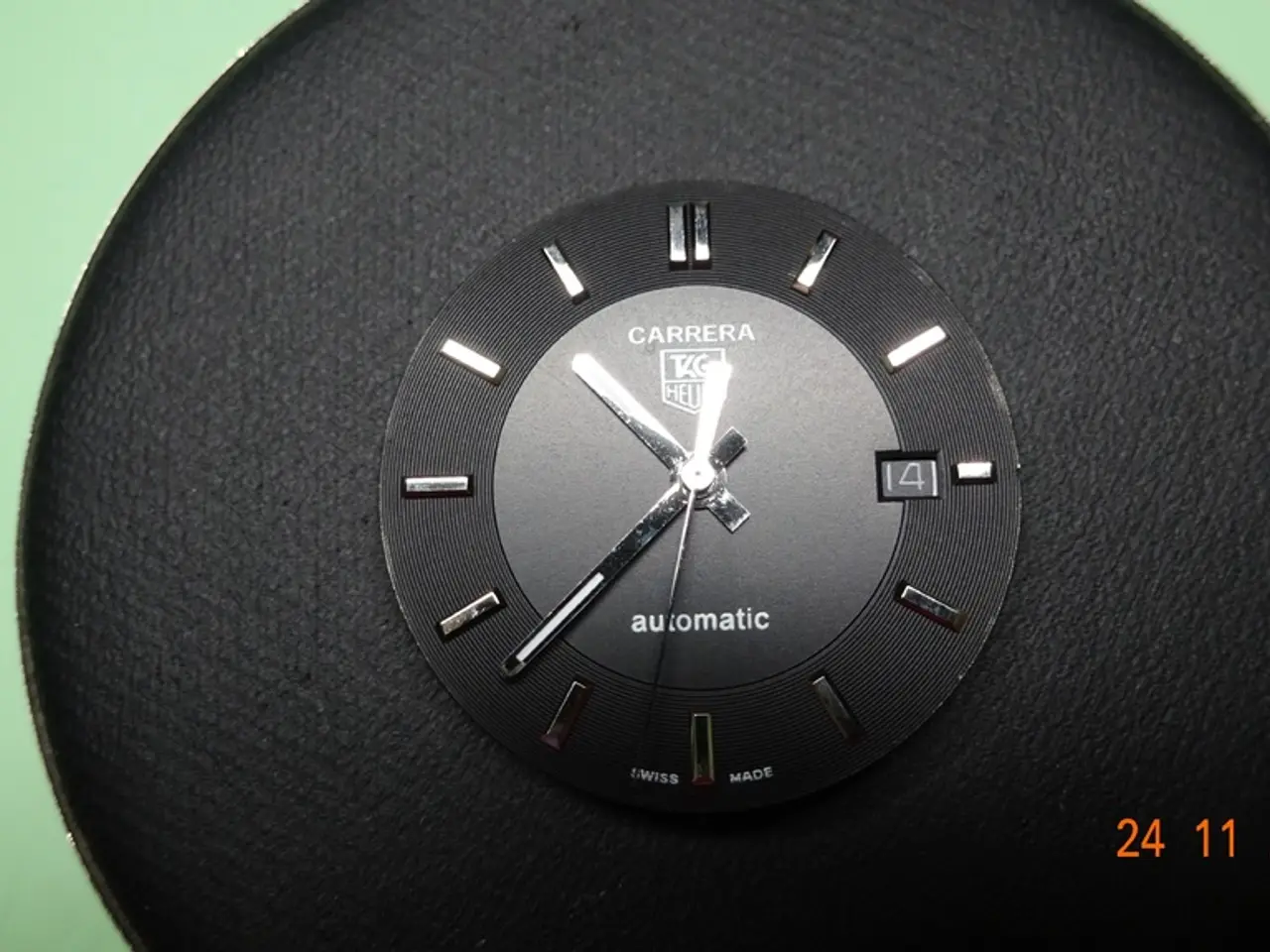Microgravity Studies Reveal Clues to Biological Clocks' Role in Astrobiology
Research into biological clocks in microgravity is shedding light on the potential implications for astrobiology and future space missions. This includes the search for extraterrestrial life, where understanding these internal rhythms could be crucial.
On Earth, our biological clocks, or circadian rhythms, are tightly synchronized with the 24-hour day-night cycle, primarily using light as a cue. They control vital processes such as sleep-wake cycles, hormone production, and body temperature. However, in microgravity, the absence of a regular day-night cycle can disrupt these rhythms.
Astronauts in space may experience disruptions in sleep patterns, changes in hormone levels, and metabolic alterations due to microgravity's effects on biological clocks. To mitigate these issues, artificial lighting systems and melatonin supplements are used to help astronauts regulate their biological clocks. Studying these effects in space has significant implications for astrobiology, informing future missions and the search for extraterrestrial life.
Understanding how biological clocks function in microgravity is vital for the well-being of astronauts and the success of future space missions. The insights gained from this research could greatly enhance our knowledge of astrobiology and our search for life beyond Earth.
Read also:
- Exploring the Psychological Impacts of Plant Therapy and Enhancing Mental Health through Floral Interactions
- EU Faces Demand from Protesters to Halts Incineration of American-Owned Birth Control Products
- MERS (Middle East Respiratory Syndrome): A Comprehensive Overview and Treatment Guide
- Strategies to Maintain Optimal Eye Health Throughout Aging Process





